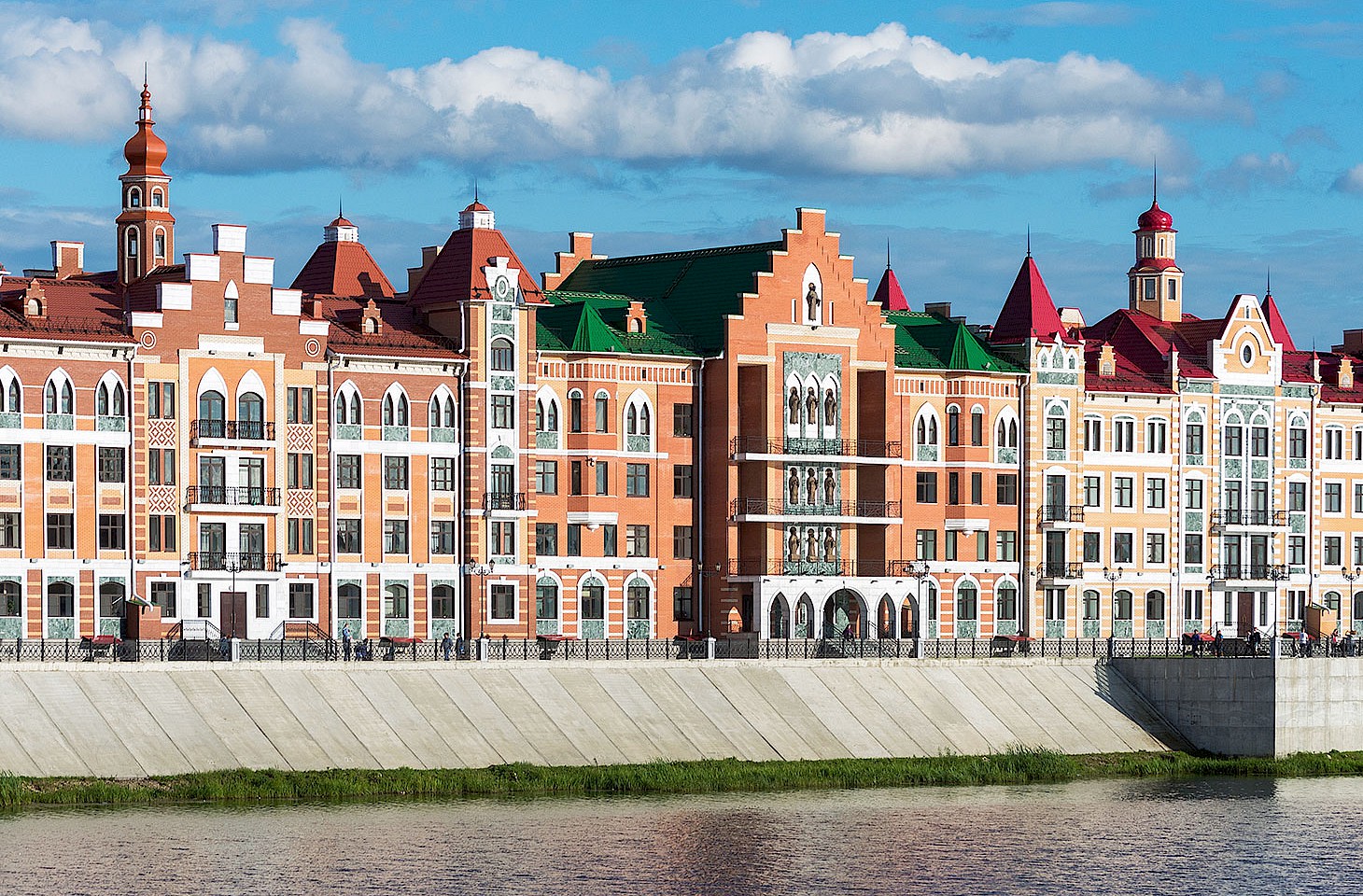No one has forgotten the strident screech of the vuvuzela, the plastic horn which defined the soundscape of the FIFA World Cup in South Africa. But most of us have probably forgotten Zakumi, the jolly green-haired leopard who worked hard as the mascot for that 2010 World Cup. Brazil, which hosted the 2014 tournament, followed up with a cheerful armadillo called Fuleco. This summer’s FIFA World Cup in Russia sees a chirpy wolf called Zabivaka doing the rounds as tournament mascot.
The name Zabivaka means ‘goalscorer’. As wolves go, Zabivaka is undoubtedly very friendly and is probably easier to relate to than some earlier World Cup mascots — the list includes an orange called Naranjito (Spain in 1982) and Pique, a jalapeño pepper wearing a sombrero (Mexico in 1986).


